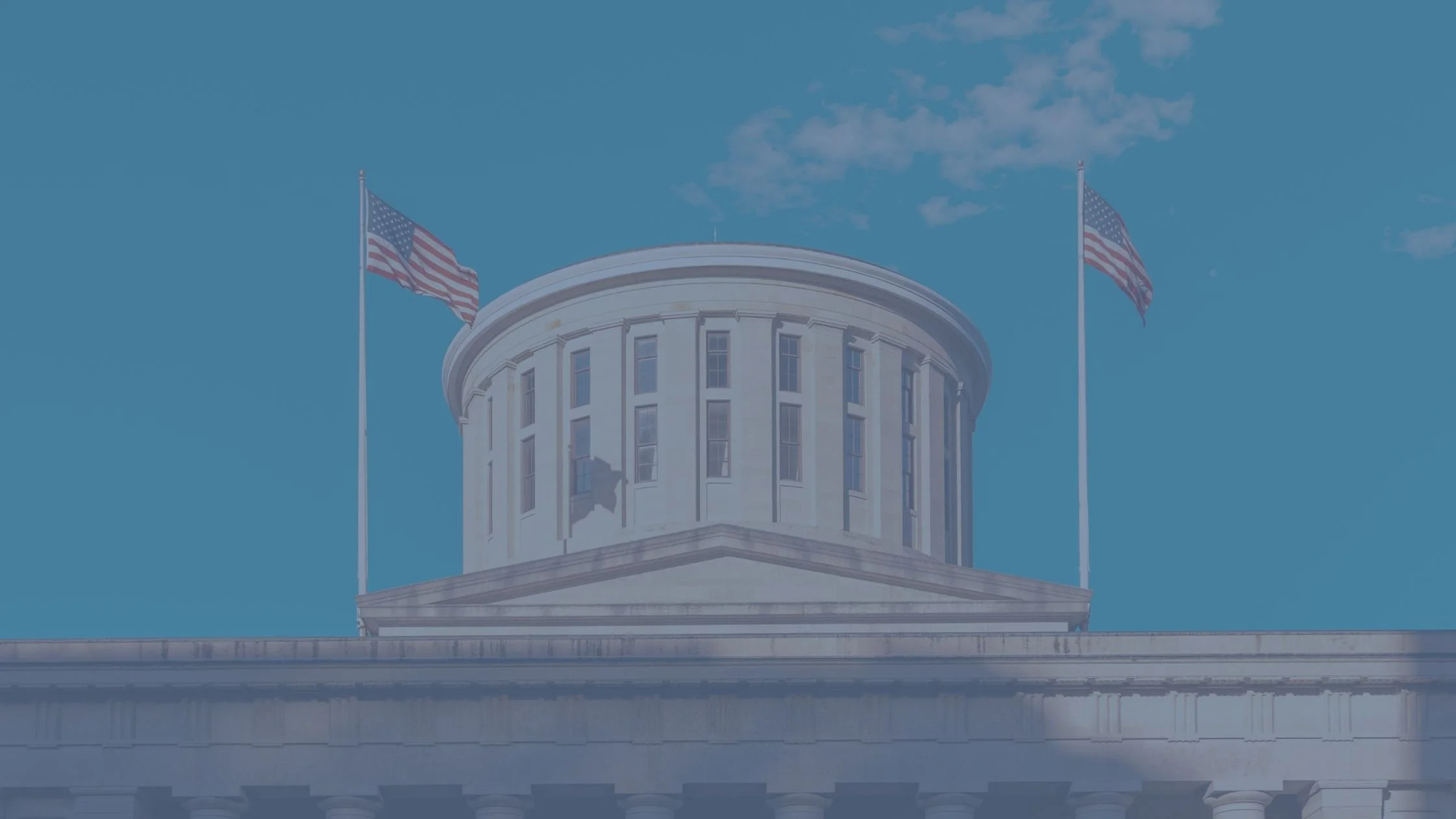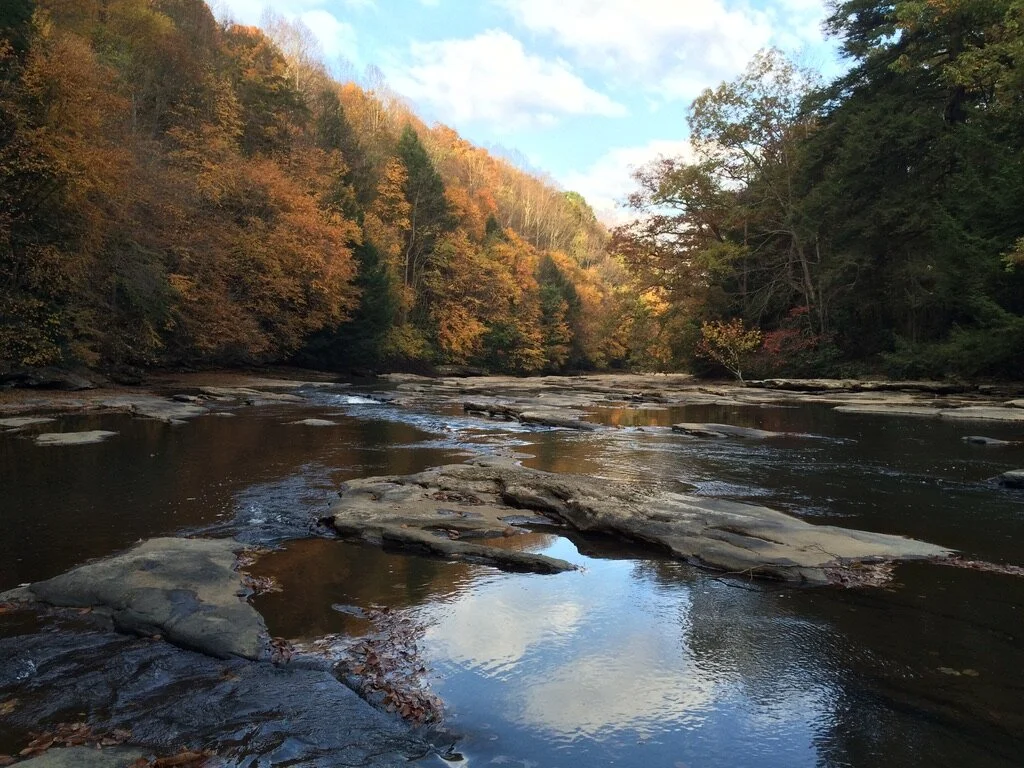A consent order is an agreement between an administrative agency like the Department of Environmental Protection and a private party such as Shell that can be used to enforce the agency’s rules. In this case, the Department of Environmental Protection has ordered Shell to lower their emissions and comply with their original Plan Approval, and Shell has agreed to the Department’s terms by signing it as well. The consent order adds several new mandatory monitoring and reporting requirements for Shell as the facility resumes operations. Shell will be required to do additional modeling of the malfunctioning flares, monthly reporting of the facility’s emissions, and details of their plans for making repairs.
Proposed Aliquippa Steel Manufacturing Plant - What You Need To Know
Since 72 Steel is still in its initial stages of development, there are plenty of opportunities for public participation in both the local and state permitting processes. As listed above, some of these actions include making a written or oral public comment or challenging approvals in the proper court or tribunal. Participating in these types of actions helps ensure the public’s wishes and concerns are heard with the new industrial development in the Aliquippa area.
Sackett versus the Environmental Protection Agency (EPA)
On May 25th, 2023, the U.S. Supreme Court issued a 5-4 decision on Sackett v. EPA, No. 21-454. This case follows the recent Supreme Court’s trend loosening environmental protection laws and weakening agency power. Here, the Court’s ruling will shrink the U.S. Environmental Protection Agency (EPA)’s jurisdiction to enforce the Clean Water Act (CWA), by limiting regulatory authority to wetlands only if they have a continuous surface water connection to navigable waters such that they are indistinguishable from these bodies of water.
Battle RGGI: How the carbon emissions program has highlighted Pennsylvania’s political strife over environmental issues.
The question at issue is whether Gov. Wolf can enter RGGI through executive order - something that RGGI opponents staunchly deny. They argue that Gov. Wolf’s order undermines the legislature’s exclusive authority to impose taxes and enter interstate agreements. As an energy powerhouse, Pennsylvania’s entrance would significantly strengthen RGGI and become a “political litmus test” for carbon pricing programs. RGGI would arguably be the most significant step Pennsylvania has ever taken to address climate change, and the battle over it has brought political tensions around environmental issues to the forefront.
Benefits of the Water Works Dam Removal Project in Warren, Ohio
The Water Works dam is scheduled to be removed by December 2023 with the total cost of the removal expected to be $3,225,500. As the Limited Environmental Review states, the project is to be funded by the Ohio EPA through its Water Resource Restoration Sponsor Program (WRRSP) and the Eastgate Regional Council of Governments. To learn more about the Warren Water Works Dam removal or the Mahoning River Corridor Revitalization Plan. . .

















